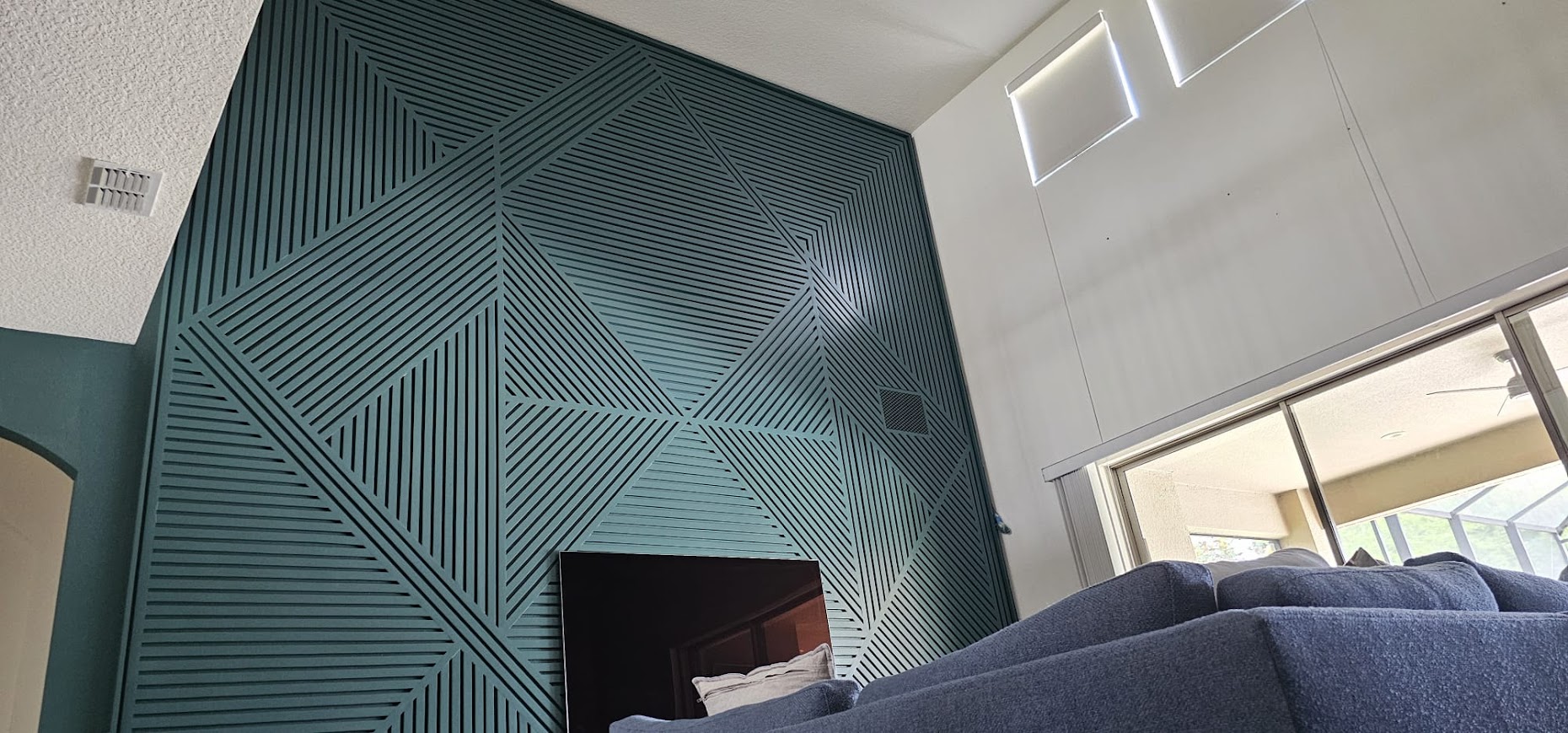When it comes to home improvement projects, finding the right carpenter can make all the difference between a job well done and a frustrating experience. Whether you’re planning a small repair or a large renovation, selecting a skilled and reliable carpenter is crucial. Here’s a guide to help you hire the right carpenter for your project.

1. The Right Carpenter Can Define Your Project Scope
Before you start searching a carpenter, the first thing that is important to do — Be clear with what exactly your project moves around. From building custom cabinetry to new trim or full-scale renovation, there are numerous directions you could take your DIY projects. As long as you know what your project requires, it will be a lot easier for you to figure out the kind of carpenter that is right for this job: finish or framing work, general woodworking?
2. Ask for Recommendations from the Right Carpenter
The easiest method to find a good carpenter is by word of mouth. Start by asking friends, relatives, neighbors or co-workers if they can refer you to a carpenter. So their customers may not have direct experience, and in many situations the best guidance will be personal experiences they had about whether a carpenter is trustworthy.
3. Verify Credentials and Experience
After this you need to check the credentials and experience of the potential candidates. Licensed, Bonded and Insured Carpenters Licensing will mean that they have been certified to work on specific standards and am competent for the job. Insurance can cover you against accidents or damages during the project.
4. Photo Portfolios and Samples of Customer Work
A good carpenter has a portfolio of previous works. By just seeing their work before, you can grasp the style of print they may involve in while printing artwork. If you can take a visit to any their work home then do and if possible ask for references. The carpenter may be unreliable and unprofessional or maybe he misses the deadlines — Talking to previous clients will give you more clues as for his availability, professionalism etc.
5. Get Multiple Quotes
You do not go for the first carpenter you meet. Obtain a minimum of three quotes from varied carpenters to check the expenses, timetables in addition to the job offer. If you receive quotes that are dramatically lower than the others, be cautious as this could mean they lack experience or use poor materials. Remember, the cheapest option
6. Talk about Project Schedule & Start Dates
It is important to communicate the exact project timeline. Let be known what are your anticipations or maybe the deadlines. Most often than not, a good carpenter will also give you an idea of the time duration to execute it. Ensure that they are able to begin when you need and, at least for the designated time-frame, can dedicate themselves fully towards your project.
7. Know the terms of the Agreement and Payment
Get a written contract Before work starts, make sure that you have the same conditions in writing. The contract spells out the work to be done, materials to use, a project timeline and payment terms. These are the types of carpenters who would ask you a big down payment. A common model includes a low-upfront deposit and then payments that are grouped into milestones throughout the project. Never pay the full amount
8. Evaluate Communication and Professionalism
How a carpenter communicates with you during the initial stages can be a good indicator of how they’ll handle the project. Are they responsive, attentive, and willing to answer your questions? Do they take the time to explain the process and provide clear, detailed quotes? Professionalism in communication is a sign of a carpenter who values their work and clients.
9. Consider The Right Carpenter’s Problem-Solving Skills
Construction projects often come with unexpected challenges. A good carpenter should have strong problem-solving skills and be able to offer solutions if issues arise. Ask how they have handled difficult situations in the past, and make sure they are proactive and adaptable.
10. Trust Your Instincts
And, finally — listen to your “gut”. For example, if they are not communicating well or quoting final prices then you might be better off to move on. A carpenter is someone who affects your house even before you hand over the first installation, that means he should be exactly what you are seeking.
Conclusion
Picking the perfect carpenter for your installation is important to ensure that they are effectively installed. Invest the time to define your project, verify credentials, see examples of prior work and ensure clear communication so that you have a professional carpenter who will get the job done correctly. Recall that a competent carpenter is not merely another contractor— they are your collaborator in carving out the dreams of you.